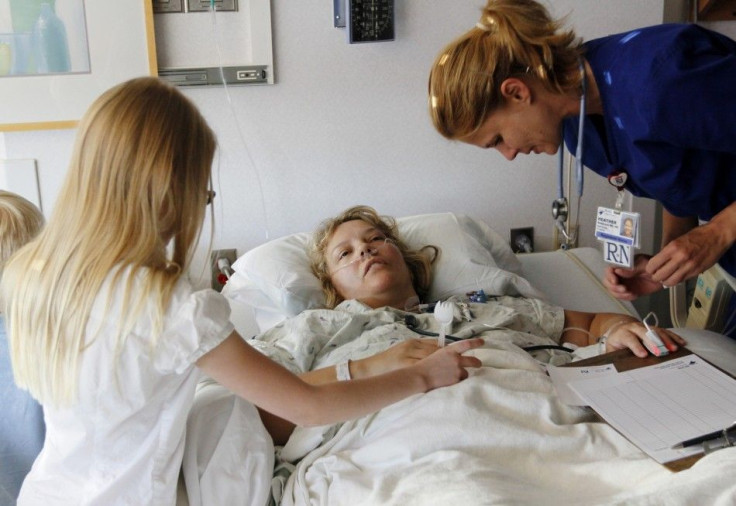American medical colleges propose greater focus on social sciences and ethics in MCAT

With an eye on a more holistic evaluation of potential medical students, the Association of American Medical Colleges (AAMC) has proposed an overhaul of the MCAT - the standardized test taken by students around the country to gain entry into medical school.
Among the many preliminary recommendations developed by a 22-member advisory panel, the most prominent is an explicit emphasis on social and behavioral sciences. The panel suggests the addition of a new test on such concepts within these disciplines as could lay a strong foundation for medical students to learn about the human and social issues of medicine.
In fact, AAMC has been encouraged to develop an admissions toolbox that will help medical schools gather data beyond MCAT scores on integrity, altruism, and other personal characteristics early in their student selection process.
It is also proposed that the verbal section of the MCAT be revised in such a manner as to test how examinees reason through passages in ethics and philosophy, cross-cultural studies, population health, and other subjects. This would communicate the need for students to read broadly while preparing for their medical education. On the other hand, the writing section - which reportedly did not receive much weight from schools in admissions decisions - may be eliminated. However, even without that, the changes would take the total testing time to 7 hours - a good 90 minutes extra over the current duration of the test.
The MCAT has traditionally assessed students more on their knowledge of content, rather than skills-based aptitude and these changes could usher in a much-required change in terms of testing students on critical thinking, ethical judgment, behavioral traits etc. Rapid changes in all scientific fields, the impact of behavior on health, and a more diverse population require tomorrow's doctors to be more broadly prepared, said Ronald D. Franks, M.D., vice-chair of the committee evaluating the test and vice president of health sciences at the University of South Alabama.
Recommendations also include the updating of the two natural sciences section of the tests to reflect current trends in science, and have more questions in areas where there has been voluminous research in recent times, for example, biochemistry, cellular and molecular biology.
The new version of the test - if approved in the several rounds of review to follow - would take effect in 2015, 25 years after the last round of changes had been implemented in the test. Test prep agency Kaplan, however, has issued a formal statement following the release of the recommendations, saying, 2015 may seem far away, but the short-term implications for both pre-med students and medical education as a whole are immediate and large. It also indicated that the changes, if implemented, would translate into a challenging increase in the amount of coursework that future pre-med students would have to complete in order to sit for the new MCAT.
© Copyright IBTimes 2025. All rights reserved.





















